Complex Systems
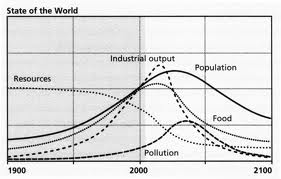
The discipline of ‘Complex Systems’ explains how to analyze complex natural and social phenomena by rational thinking, including mathematical models. You will learn about the basic concepts and methods of complex system research. Systems of very different fields, such as physics, chemistry, biology, economics, psychology, sociology, etc., have similar architecture. As a result, diverse phenomena of nature and society can be analyzed and understood using a standard approach called systems thinking.
.
Cognitive Science
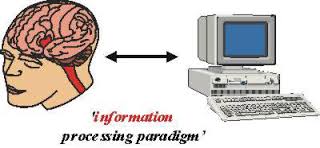
Cognitive science is the interdisciplinary study of the mind and the nature of intelligence. It is a rapidly evolving field that deals with information processing, intelligent systems, complex cognition, and large-scale computation. The scientific discipline encompasses the overlapping areas of neuroscience, psychology, computer science, linguistics and philosophy. You will learn the basic physiological and psychological mechanisms and computational algorithms underlying different cognitive phenomena
Nonlinear Dynamics and Chaos Theory

Dynamical systems are mathematical objects used to model phenomena of natural and social phenomena whose state changes over time. Nonlinear dynamical systems are able to show complicated temporal, spatial, and spatio-temporal behavior. They
include oscillatory and chaotic behaviors and spatial structures including fractals. Students will learn the basic mathematical concepts and methods used to describe dynamical systems. Applications will cover many scientific disciplines, including
physics, chemistry, biology, economics, and other social sciences.
Computational Neuroscience
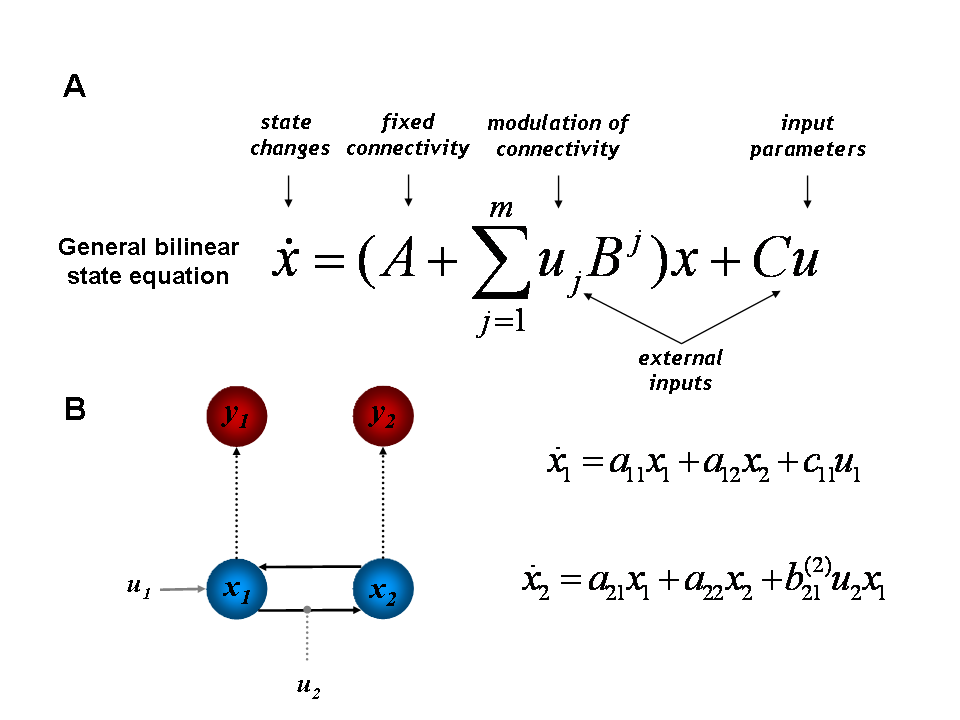
The discipline of Computational Neuroscience discusses
mathematical models, computational algorithms, and simulation
methods that contribute to our understanding of neural mechanisms.
There are TWO big questions:
- How do neurons and neural networks compute?
- How do computational methods contribute to the understanding of normal and pathological brain functions?
Recent big projects on brain simulation and neural databases also will be discussed.
Ranking
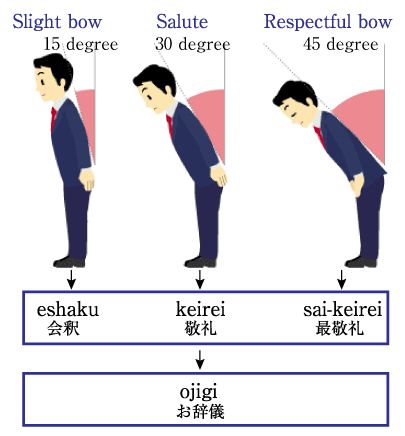
Ranking people, schools, products, countries, and just about everything else is part of our daily life. We like to compare ourselves to others and see who is stronger, richer, better, and cleverer. Our love for comparison led to our fad to make rankings. Ranking is about becoming more organized and we like the idea of being more organized! We are in a paradoxical relationship with ranking: ”ranking is good because it is informative and objective; ranking is bad because it is biased and subjective, and occasionally, even manipulated”. Both the social psychological and algorithmic aspects of the ranking procedure will be discussed.
History and Future of Computing
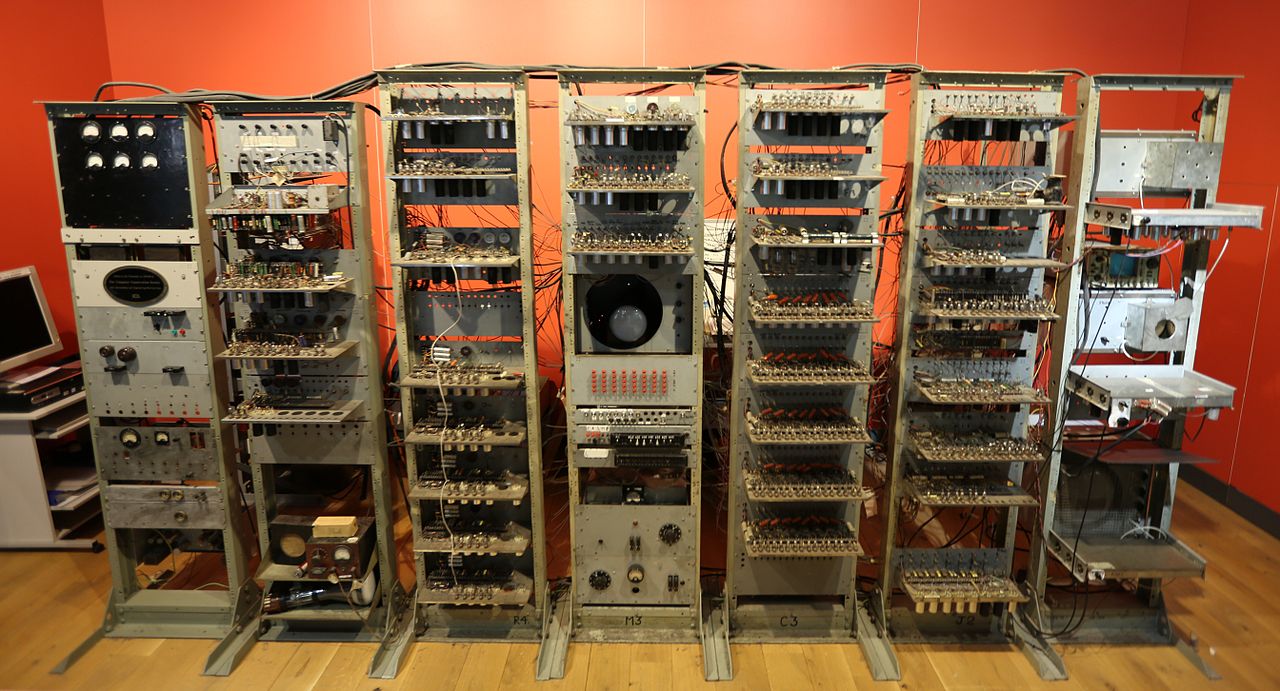
In this course, we discuss the history and future of computing. We will study the development of the principles and practice of computing in the light of the evolution of such disciplines, as cybernetics, artificial intelligence, cellular automata, and neural networks. Both technical and social aspects of computing will be studied in terms of historical progress and future challenges.
Dynamical Models in Social Sciences

Topics: 1. FROM MATHEMATICAL BIOLOGY TO SOCIODYNAMICS. 2-3. MODELS OF COMBAT AND ARMS RACE DYNAMICS. 4. THE PROPAGATION OF IDEAS AND OPINIONS. 5. MODELS OF DRUG PROPAGATION AND CONTROL 6. DYNAMICAL APPROACH TO PSYCHOLOGY. 7. SOCIAL NETWORKS: STATISTICAL ANALYSIS AND
DEVELOPMENTAL MODELS. 8.-9. DYNAMICAL MODELS IN FINANCE. 10. DYNAMICS OF SOCIAL SYSTEMS: WHERE WE ARE NOW?
